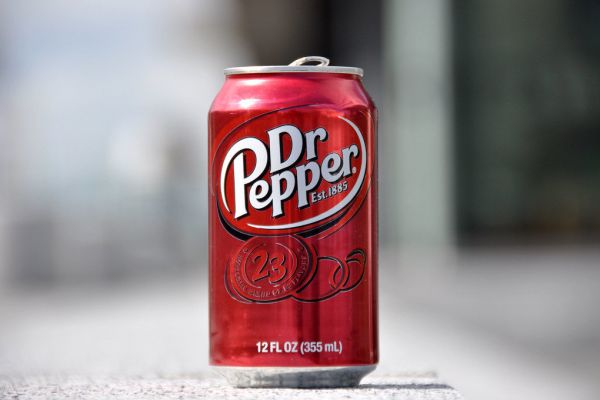Less diversified, higher levered European consumer goods firms are more vulnerable to commodity price spikes, and therefore credit quality erosion, over the next 12 to 18 months, a new report by Moody's has found.
According to Moody's, higher energy and food prices are likely to 'erode' consumer confidence and household purchasing power in the coming months, and companies that are more 'more diversified geographically or by product, or which are better able to quickly pass costs through to customers, are better able to preserve their credit quality'.
It said that market leaders are likely to have an advantage over second tier brands, or indeed private label, in terms of the ability to pass on higher prices – said brands have stronger purchasing power and a first-mover advantage in price discussions with key customers.
In addition, beverage, tobacco and large food companies are likely to be better able to offset rising costs.
Investment-Grade Companies
'Investment-grade companies like food giant Nestlé S.A., brewer Heineken N.V. and spirits producer Pernod Ricard S.A. will benefit from diversification, higher growth in emerging markets and stronger negotiating power,' said Moody's. 'They have high margins and their raw material costs are proportionately lower.'
Recording post-COVID demand and diversification outside of Europe is also likely to benefit firms that have been hit by their decision to exit Russia in recent months, such as Coca-Cola HBC, Carlsberg and Heineken, as well as tobacco firms like Philip Morris.
The post-COVID rebound is also likely to benefit the likes of L'Oréal and LVMH, with demand for cosmetics improving as consumers return to the office.
Margins will erode more at firms that rely on fewer markets of products, as well as companies that produce 'non-essential' goods, it added. In addition, consumer durables companies are vulnerable to slowing discretionary spending.
Inflation To Remain High
According to Moody's, inflation across Europe is likely to remain high for 'longer than we previously expected', impacting lower income consumers disproportionately.
Euro area inflation rose to 8.1% in May, the highest level on record, which is likely to prompt European food companies to raise prices by between 8% and 15% this year.
High commodity prices are likely to benefit large European commodity manufacturers or distributors, such as sugar producer Suedzucker, Moody's noted. However, commodity prices have not increased across the board, with cocoa prices remaining relatively stable – so firms like Barry Callebaut are less likely to see a benefit from higher commodity costs.
© 2022 European Supermarket Magazine – your source for the latest A-brands news. Article by Stephen Wynne-Jones. Click subscribe to sign up to ESM: European Supermarket Magazine.














